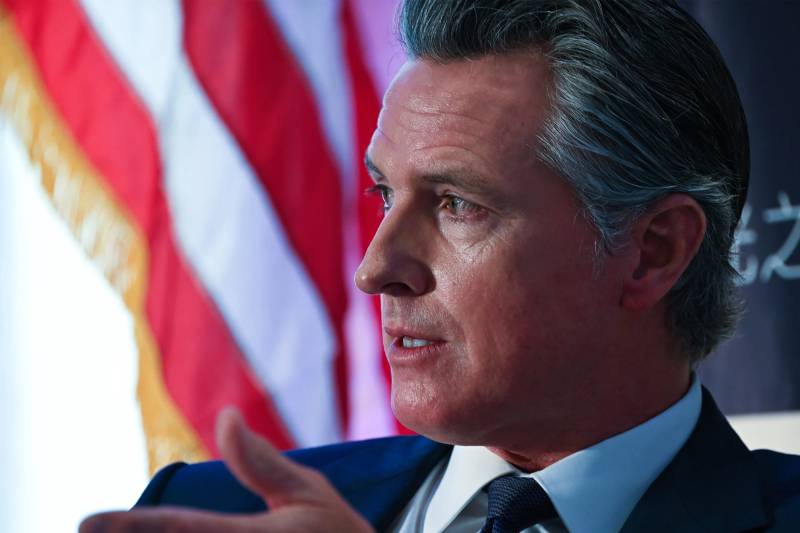The money comes from a two-decade-old tax on managed-care health plans, which has historically been used to offset existing state spending rather than support new investments in Medi-Cal.
“The importance of this ballot initiative is finally being serious about investing in the viability of the Medi-Cal system,” said Adam Dougherty, chief of emergency medicine at Sutter Medical Center in Sacramento. “The MCO tax literally touches every aspect of the Medi-Cal system, and it can’t be at the mercy of year-to-year budget crises.”
Michael Genest, a former finance director under Republican Gov. Arnold Schwarzenegger, noted that several ballot initiatives approved by voters in the past continue to narrow the state’s fiscal choices, including one that limits property tax increases and another that guarantees a large share of the state budget to schools.
“We do ballot-box budgeting in the state of California. We’ve done it forever. And everything we’ve done in that regard has turned out to be very hard on fiscal stability,” Genest said.
It’s possible that the Coalition to Protect Access to Care, made up of doctors, hospitals, health plans, and other medical providers, could settle their differences with state leaders before a June 27 deadline to withdraw the initiative.
Newsom’s desire to claw back most of the promised money puts him at odds with proponents of the initiative, many of whom have long counted themselves among his allies. Elana Ross, a spokesperson for Newsom, declined to comment on the status of the initiative.
In May, Newsom proposed using about $6.7 billion previously earmarked for Medi-Cal pay hikes and some other health care priorities, mostly in 2025 and 2026, to offset existing state spending. His proposal would retain Medi-Cal payment increases totaling around $300 million a year for some primary care, mental health, and maternity services.
The Legislature passed a new budget on June 13, largely following the governor’s wishes by canceling the planned Medi-Cal increases in 2025. But Newsom hasn’t signed off.
“What was approved represents a two-house agreement between the Senate and the Assembly — not an agreement with the governor,” said H.D. Palmer, spokesperson for the state’s Department of Finance. “We’ll respectfully decline to speculate on what the contours of a final agreement would look like.”
Revenue from the managed-care tax allows the state to draw matching federal dollars, more than doubling the amount available. Federal and state money would also be used to reimburse the health plans for nearly all the taxes they paid, theoretically having no effect on insurance premiums.
California is among 19 states that have such an “MCO tax” in place to help fund their Medicaid programs. Using the tax revenue to pay Medi-Cal providers more is “a generational opportunity to fundamentally fix access to care for Medi-Cal recipients,” said Dustin Corcoran, CEO of the California Medical Association and a spokesperson for the ballot initiative.
Corcoran said internal polling shows the initiative has public support by “very healthy margins,” though he declined to share specific numbers.
If the initiative does end up on the November ballot and is approved, it would override any compromise Newsom strikes with lawmakers. It would restore the previously planned Medi-Cal investments for 2025 and 2026. And it would make the increased funding, and more of it, permanent starting in 2027, though that would require federal approval.
